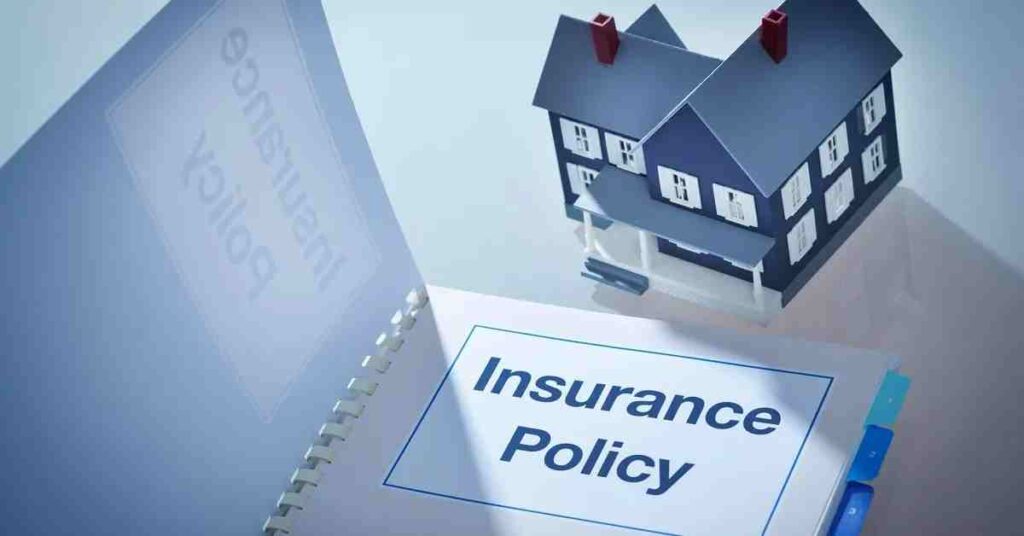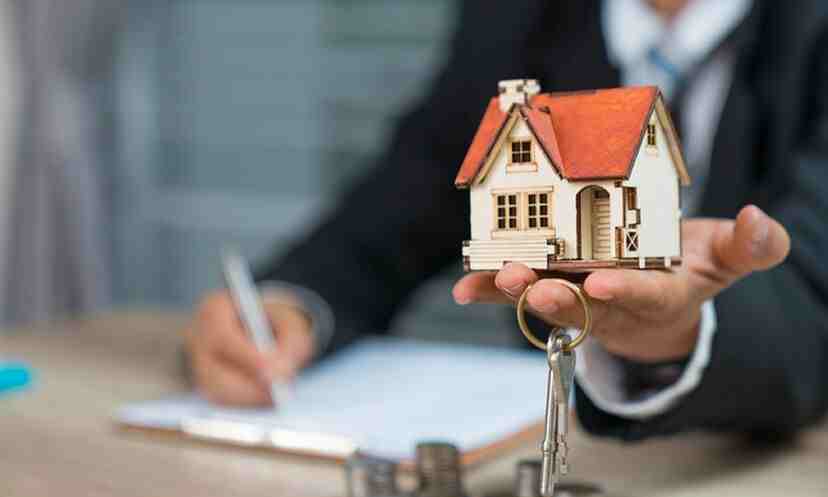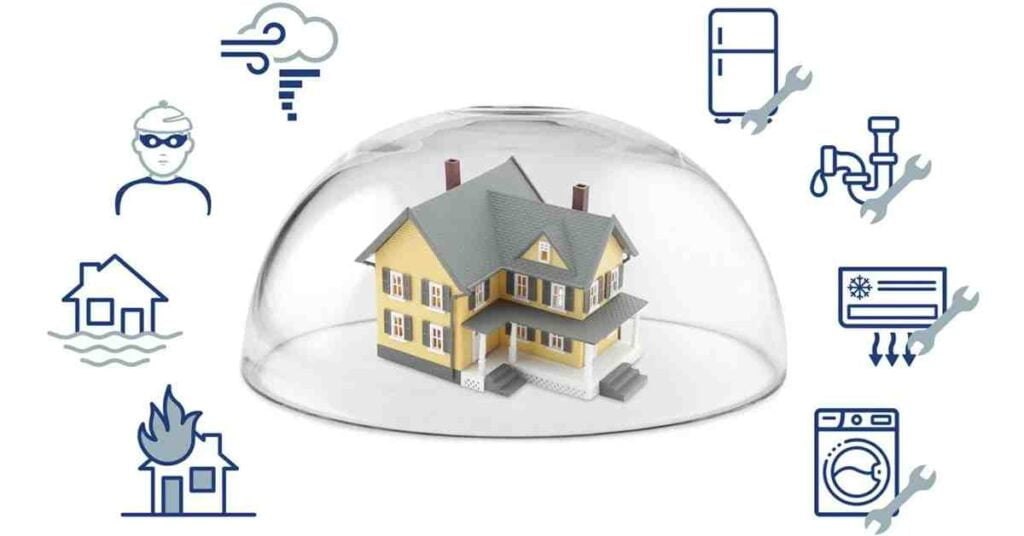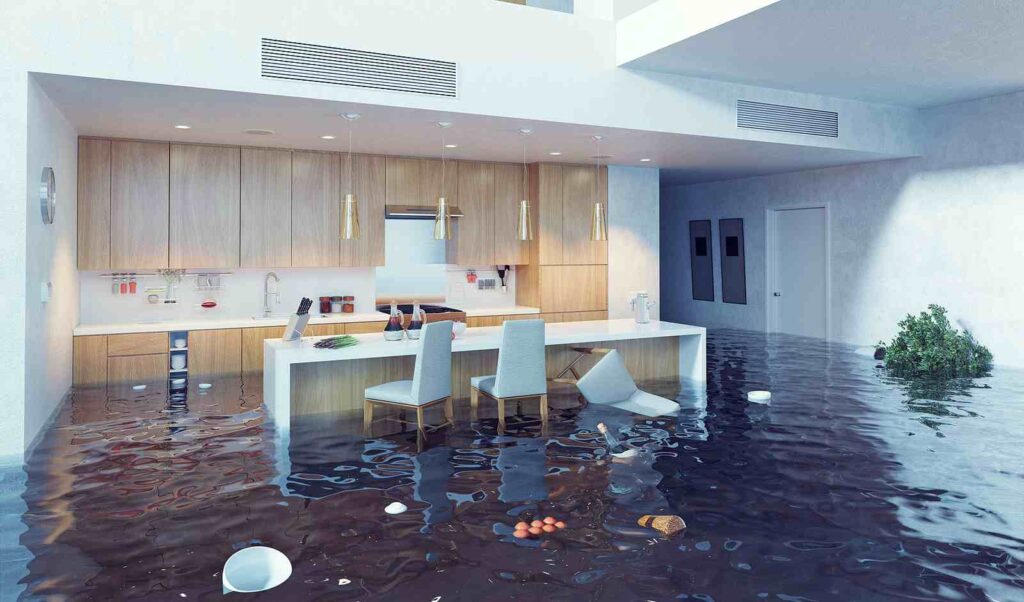Paying off your mortgage is a huge milestone and a moment of celebration. But what happens to your home insurance once the mortgage is paid off? Many homeowners might think they no longer need insurance, but that’s not the case. Home insurance is still important to protect your home from unexpected events like natural disasters, theft, or accidents.
In this article, we’ll explore why keeping your home insurance is crucial even after you’ve paid off your mortgage. We’ll also look at how your insurance needs might change and what steps you should take to ensure your home remains protected.
What Happens to Home Insurance When Mortgage is Paid Off?
When you have a mortgage, your lender typically requires you to have homeowners insurance. This is to protect their investment in your home. However, once you pay off your mortgage, the lender no longer has a say in whether you keep your insurance.

Here’s how the requirement changes:
- No More Mandatory Insurance: Without a mortgage, there’s no lender to mandate that you maintain homeowners insurance. This means you have the freedom to choose whether or not to keep your policy.
- Importance of Continued Coverage: Even though it’s no longer required, maintaining homeowners insurance is still highly recommended. Your home is a significant investment, and insurance protects you from potential financial losses due to damage, theft, or liability issues.
- Policy Adjustments: After paying off your mortgage, you might want to review and adjust your insurance policy. This could involve increasing or decreasing coverage based on your current needs and the value of your home.
- Direct Payments: Previously, your insurance premiums might have been paid through an escrow account managed by your lender. Now, you’ll need to handle these payments directly, ensuring your policy remains active.
- Financial Planning: With the mortgage paid off, you might find more flexibility in your budget. However, it’s important to continue allocating funds for homeowners insurance to avoid being caught unprotected in case of an unexpected event.
Are Older Homes More Expensive to Insure?
Steps After Paying Off Mortgage
After paying off your mortgage, there are several steps you should take to ensure everything is in order:
- Receive a Mortgage Payoff Statement: Obtain a payoff statement from your lender, which confirms that your mortgage is fully paid off. This document will detail the final payment amount, including any interest and fees.
- Get a Satisfaction of Mortgage Statement: Your lender should send you a satisfaction of mortgage statement, also known as a mortgage release. This document proves that the lender no longer has a claim on your property.
- Update Your Homeowner’s Insurance: Notify your insurance provider that your mortgage is paid off. Ensure that the lender’s name is removed from the policy and that all future bills are sent directly to you.
- Contact Your Local Tax Authority: Inform your local tax authority that your mortgage is paid off. Update your payment options for property taxes, as these will no longer be paid through an escrow account.
- Check Your Escrow Account: If you have an escrow account, check for any remaining balance. Your lender should refund any leftover funds to you.
- Cancel Automatic Payments: If you have automatic payments set up for your mortgage, cancel them to avoid any unnecessary transactions.
- Store Important Documents Safely: Keep all documents related to your mortgage payoff, including the satisfaction of mortgage statements and any correspondence with your lender, in a safe place.
- Reassess Your Financial Goals: With your mortgage paid off, reassess your budget and financial goals. Consider how you can use the extra funds, whether for savings, investments, or other financial priorities.
- Maintain Home Insurance and Property Taxes: Ensure you continue to pay your homeowner’s insurance and property taxes on time. These are crucial for protecting your home and avoiding penalties.
What If You Stop Home Insurance Payments?
By following these steps, you can smoothly transition to owning your home outright and ensure all necessary updates are made.
Documents to Expect After Paying off Your Mortgage
After paying off your mortgage, you can expect to receive several important documents from your lender. These documents confirm that your loan has been fully repaid and that you now own your home free and clear. Here are the key documents to look out for:
- Mortgage Payoff Statement: This statement confirms that your mortgage has been paid in full. It includes details of the final payment amount, including any interest and fees.
- Satisfaction of Mortgage (or Mortgage Release): This document, also known as a mortgage release, proves that the lender no longer has a claim on your property. It should be recorded with your local government office to update the public records.
- Canceled Promissory Note: The promissory note is the document you signed when you took out the mortgage, promising to repay the loan. Once the mortgage is paid off, you should receive this note marked as “paid” or “canceled”.
- Deed of Reconveyance (or Release of Deed): This document indicates that the property’s title has been transferred from the lender back to you. It shows that you now fully own the property without any liens from the mortgage.
- Final Mortgage Statement: Your lender may provide a final statement showing that your balance is paid in full. This statement can serve as additional proof that your mortgage is settled.
- Escrow Account Closure Statement: If you had an escrow account for property taxes and insurance, you should receive a statement detailing the closure of this account and any remaining balance that will be refunded to you.
- Certificate of Satisfaction: Some lenders may provide a certificate of satisfaction, which is another form of proof that your mortgage has been paid off.
- Title Insurance Policy: If you purchased title insurance when you bought your home, you might receive an updated policy reflecting that the mortgage has been paid off.
Roof Leak Coverage in Homeowners Insurance
Remember, the documents you receive may depend on your loan servicer. It’s important to keep these documents in a safe place as they are proof that you’ve paid off your loan.
Does Homeowners Insurance Go Down When Mortgage Is Paid Off?

Paying off your mortgage is a significant financial milestone, but it doesn’t automatically lead to a reduction in your homeowners insurance premiums. While some might assume that eliminating the mortgage would lower insurance costs, the reality is that insurance premiums are primarily based on factors such as the home’s value, location, construction type, and the homeowner’s claims history, rather than the presence of a mortgage. However, without the lender’s requirements, you have more flexibility to shop around for better rates or adjust your coverage to better suit your needs.
Risks of Not Having Home Insurance
Choosing not to have home insurance after paying off your mortgage can expose you to several risks:
- Financial Risk: Without home insurance, you would be financially responsible for any damage to your property or personal belongings. This could include damage from fire, storms, theft, and other unforeseen events. The cost of repairing or replacing your home and belongings could be substantial.
- Liability Risk: Home insurance policies typically include liability coverage, which protects you if someone is injured on your property and decides to sue. Without this coverage, you could be financially responsible for medical bills, legal fees, and any awarded damages.
- Lack of Temporary Housing Coverage: If your home is severely damaged and needs repairs, home insurance would typically cover the cost of temporary housing. Without insurance, these costs would come out of your pocket.
- Potential for Total Loss: In the event of a catastrophic event, such as a major fire or natural disaster, you could lose your home entirely. Without home insurance, you would bear the full cost of rebuilding.
Water Backup Insurance for Renters
While not having home insurance can save you the cost of premiums, the potential financial risks are significant. It’s important to carefully consider these risks and maintain adequate coverage to protect your investment.
FAQs
Q 1. What happens to my escrow account when my mortgage is paid off?
Ans. After your mortgage is paid off, your lender should return the remaining funds to your escrow account within 30 days. This includes money that was set aside for property taxes and homeowners insurance.
Q 2. Can I change my home insurance provider after paying off my mortgage?
Ans. Yes, you can change your home insurance provider at any time. However, it’s important to ensure that there is no lapse in coverage during the transition.
Q 3. How does paying off my mortgage affect my credit score?
Ans. Paying off your mortgage could have a minor impact on your credit score. While it reduces your debt, it also reduces the mix of different credit types, which can affect your score. However, the overall impact is typically small and short-lived.
Q 4. Should I consider umbrella insurance after paying off my mortgage?
Ans. Umbrella insurance can be a good idea if you have significant assets to protect. It provides liability coverage beyond what your home and auto policies offer.
Q 5. How can I leverage the funds previously used for mortgage payments?
Ans. There are many ways to use the funds previously allocated for mortgage payments. You could increase your retirement savings, build an emergency fund, invest in the stock market, or make home improvements.
Conclusion
In conclusion, paying off your mortgage is a big achievement, but it comes with new responsibilities. It’s important to keep your home insurance up to date to protect your property. Even though your insurance premiums might not automatically go down, you now have the freedom to shop around for better rates and adjust your coverage to fit your needs. By staying informed and proactive, you can ensure your home remains safe and secure for years to come.

Luna Haverford is a home insurance specialist with over 4 years of experience in the field. Holding a CPCU (Chartered Property Casualty Underwriter) certification, Luna is dedicated to helping homeowners find the best coverage for their needs. As an author on the ‘FundFinesse’ blog, Luna writes clear, easy-to-understand articles about home insurance.


